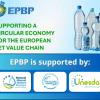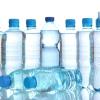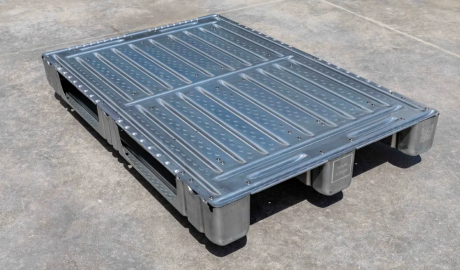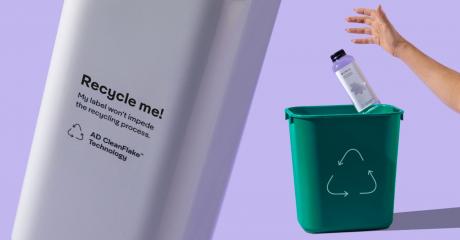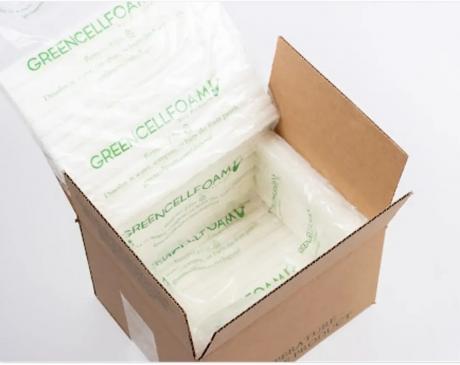(Foto Squirrel photos/Pixabay)
The growing sense of environmental responsibility on the part of both companies and consumers has triggered a transition towards the use of alternative materials that are perceived as more sustainable than plastic. However, the real sustainability of these materials has been the subject of a new study carried out by the Aware (Assessment on WAste and REsources) research group of the Politecnico di Milano and recently published in the journal 'Waste Management & Research: The Journal for a Sustainable Circular Economy'.
The research analysed and compared 53 Life Cycle Assessment (LCA) studies published in the period 2019-2023, considering the real watershed to fully capture all the real impacts related to the use of raw materials, production and transformation processes, use, end-of-life management and logistics, with the aim of gaining a deeper understanding of the environmental impact of packaging based on the comparison between plastics and alternative materials.
Plastic packaging continues to play a crucial role in several sectors, particularly in the food industry, where it accounts for more than half of total sales. Contrary to popular belief, the study found that conventional plastics are not always the least environmentally friendly choice. In particular, bioplastics have emerged as a viable alternative in terms of climate change and fossil resource depletion. However, other environmental impact categories have certain drawbacks, indicating that there is no one-size-fits-all solution.
The use of glass may appear to be a more sustainable choice, but there are weight considerations that affect the performance of this material, not only in the production phase, but also in the transport phase. The re-use of glass, although an improvement from an environmental point of view, must be carried out under specific conditions to make it more advantageous than conventional plastics. For metals, e.g. aluminium, the comparison with plastics is more balanced, especially in the beverage sector. However, even here there are opportunities for improvement, e.g. by focusing on reuse and limiting the transport distances and environmental impacts associated with the recovery and washing of packaging.
The analysis of the LCA studies also identified areas for improvement for all the materials studied. Glass and metals could benefit from increased re-use, while bioplastics require optimisation of production processes and end-of-life management. Importantly, an overall assessment of the sustainability of packaging also requires an analysis of social and economic impacts. Only by looking at the whole life cycle can the impact of the choice of each type of packaging be fully understood.
"Two fundamental aspects emerge from the more than 50 studies analysed", explained Giovanni Dolci, researcher in the Aware group. "First, the choice between plastics and alternative materials depends strongly on the specific application as well as on the intrinsic properties of the material. At the same time, many studies have methodological shortcomings that can affect the results of the comparison, such as analysing only the impact of climate change without assessing other potential impacts, or analysing unrealistic end-of-life management scenarios for packaging".
"Plastic is proving to be a material with excellent environmental credentials, provided it is used correctly; this is due to its light weight, which allows a minimum amount of material to be used per packaging unit and optimises production processes compared to newer materials such as bioplastics. However, we should not forget the two main critical aspects: production from fossil resources and, above all, the high tendency of plastic to disperse in the environment, where it takes a very long time to degrade, an aspect that is generally not taken into account in evaluations such as those analysed in this study", pointed out Mario Grosso, Professor of Waste Management.
In conclusion, while scientific research provides valuable information on which materials may be more sustainable, it is essential that all aspects of packaging choice, from manufacture to reuse and recycling, are carefully considered to ensure a more sustainable future for all.


